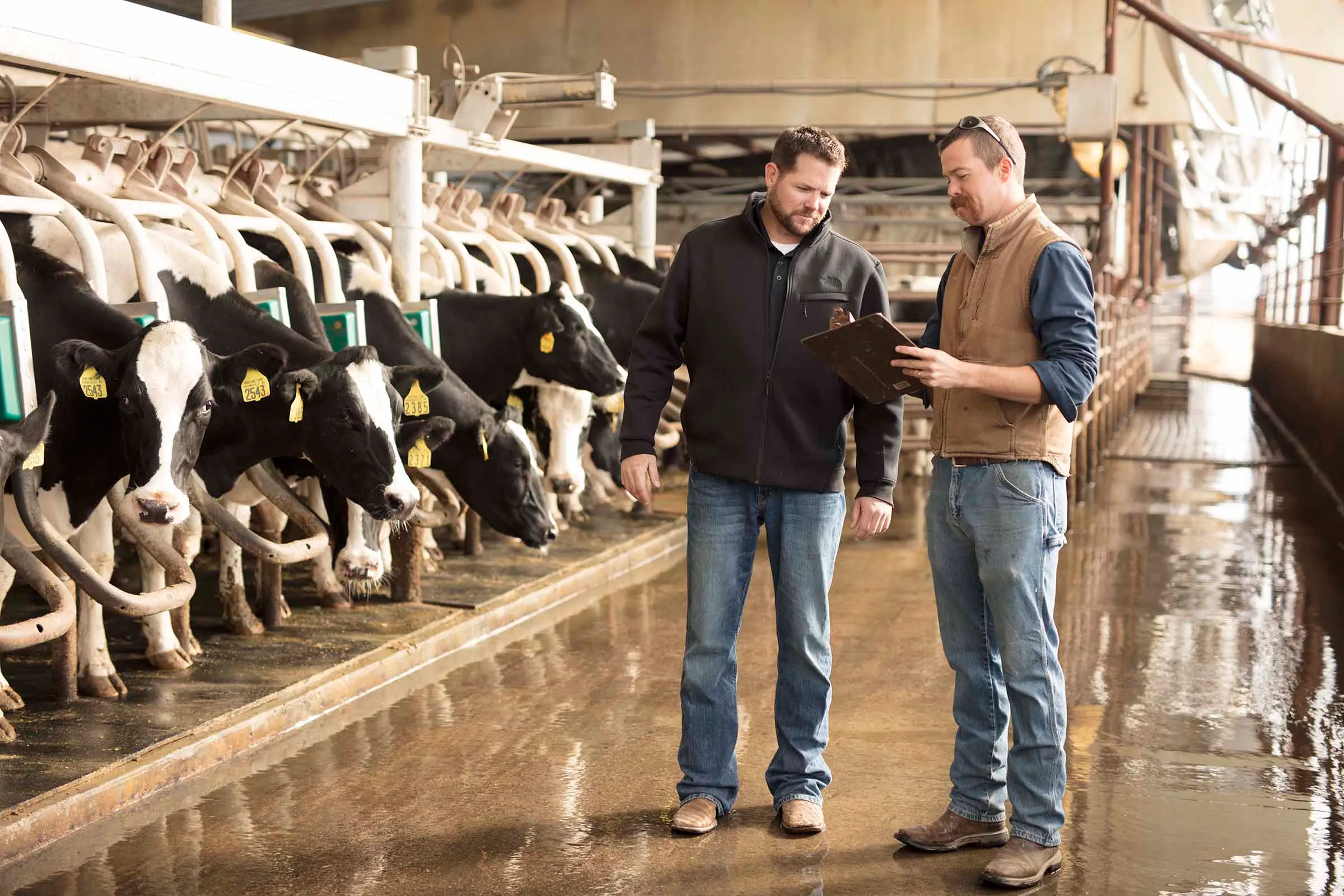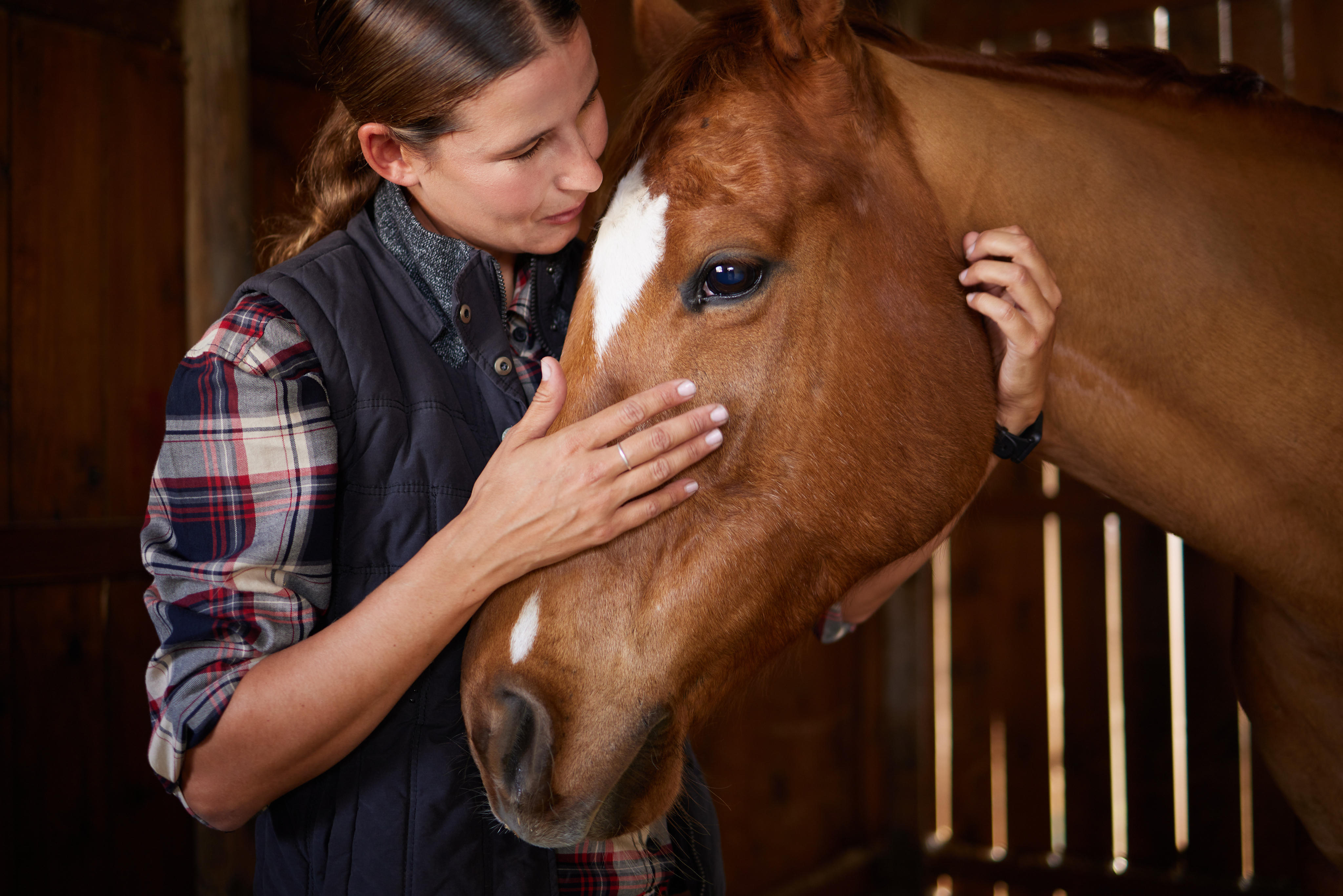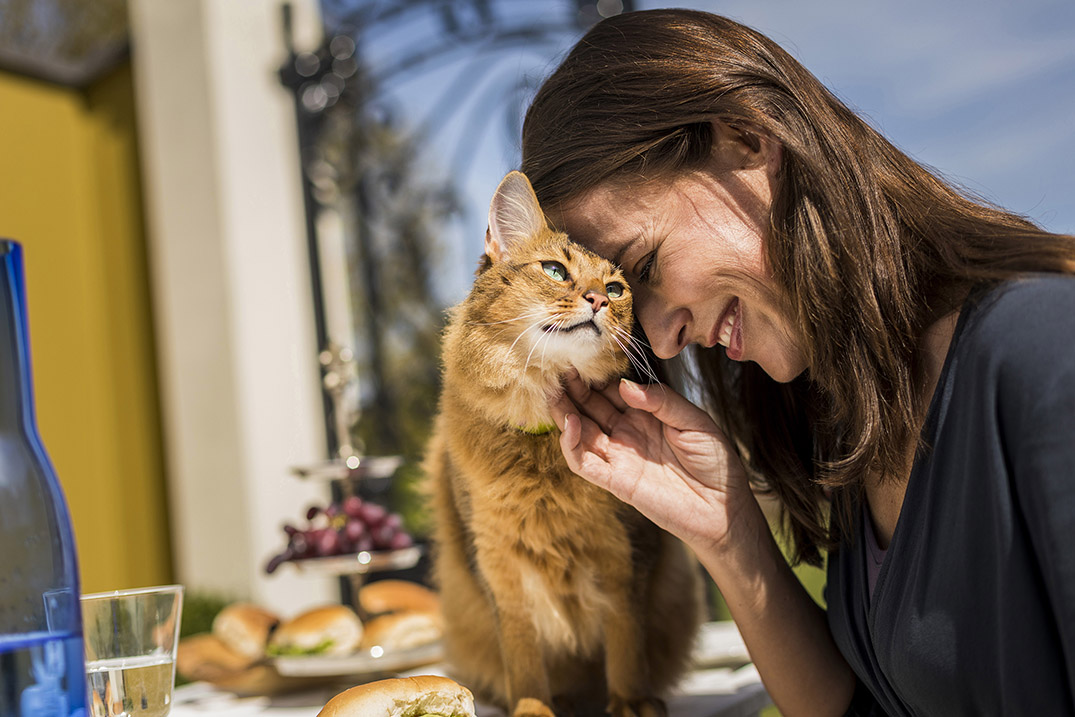Dr. Wright has focused her career on the needs of the equine athlete, integrating modalities such as chiropractic and rehabilitation to keep horses working and feeling their best. While living overseas, she ran a successful equine veterinary relief practice, which allowed her to work in various practice settings in the United States and Australia.
Dr. Wright has served as an adjunct professor for the University of Florida’s Practice-Based Equine Clerkship and teaches sessions on veterinary pathology and physiology for both veterinarians and human chiropractors. She is a founding member of the Sustainability in Equine Practice Seminars, a mentor in the MentorVet program, and a facilitator for the Decade One/Starting Gate programs for equine vets and veterinary students. Dr. Wright also serves on numerous AAEP task forces and committees. Outside of work, she trains for and competes in triathlons.
“Horses provide us with so much and don’t ask for a lot in return. It is our duty to bring the best care options to practitioners to enhance the lives of all horses.”
Prior to her graduation from the Virginia-Maryland Regional College of Veterinary Medicine in 2009, she earned a master’s degree in animal science focusing on equine reproduction. After graduation, she completed an internship in Ocala, FL, which focused on the needs of the Thoroughbred racehorse. She joined the Merck Animal Health equine veterinary professional services team in 2022.
Dr. Wright has contributed to several published articles, including:
- “Tips for setting workplace boundaries when you are not the one in charge,” EVE, May 2023.
- “How to Use a Mentorship Framework to Support an Early Career Veterinarian,” AAEP Convention Proceedings 2022, pg 117.
- Wright C, Zeytoonian K. “How to improve practice efficiency, revenue and job satisfaction by hiring a licensed veterinary technician.” Equine Veterinary Education, American edition, Oct. 2021:3-4.
- Brown EL, Ramiya VK, Wright CA, et al. “Treatment of metastatic equine melanoma with a plasmid DNA vaccine encoding Streptococcus pyogenes EMM55 protein.” Equine Vet Sci. 2014;34(5): 704-708. Doi:10.1016/j.jevs.2013.11.012.
- Storer, WA. Thompson DL Jr., Waller CA, Cartmill JA. “Hormonal patterns in normal and hyperleptinemic mares in response to three common feeding-housing regimens.” J Anim Sci. 2007;85(11):2873-2881.
- Waller CA, Thompson DL Jr., Cartmill JA, Storer WA, Huff NK. “Reproduction in high body condition mares with high versus low leptin concentrations.” Theriogenology. 2006;66(4):923-928.
- Cartmill JA, Thompson DL Jr., Storer WA, Crowley JC, Huff NK, Waller CA. “Effect of dexamethasone, feeding time, and insulin infusion on leptin concentrations in stallions.” J Anim Sci. 2005;83(8):1875-1881.
Areas of Interest
- Veterinary well-being and sustainability of equine practice
- Sports medicine
- Infectious disease
- Geriatric horses




 Go To United States
Go To United States Algeria
Algeria Argentina
Argentina Australia
Australia Austria
Austria Bahrain
Bahrain Belgium (Dutch)
Belgium (Dutch) Brazil
Brazil Canada (English)
Canada (English) Chile
Chile Colombia
Colombia Croatia
Croatia Czech Republic
Czech Republic Denmark
Denmark Ecuador
Ecuador Egypt
Egypt Finland
Finland France
France Germany
Germany Greece
Greece Hungary
Hungary India
India Indonesia
Indonesia Iraq
Iraq Ireland
Ireland Israel
Israel Italy
Italy Japan
Japan Jordan
Jordan Kuwait
Kuwait Lebanon
Lebanon Malaysia
Malaysia Mexico
Mexico Morocco
Morocco Netherlands
Netherlands New Zealand
New Zealand Norway
Norway Oman
Oman Panama
Panama Peru
Peru Philippines
Philippines Poland
Poland Portugal
Portugal Qatar
Qatar Romania
Romania Russian Federation
Russian Federation Saudi Arabia
Saudi Arabia South Africa
South Africa South Korea
South Korea Spain
Spain Sweden
Sweden Switzerland (French)
Switzerland (French) Taiwan
Taiwan Thailand
Thailand Tunisia
Tunisia Turkey
Turkey Ukraine
Ukraine United Arab Emirates
United Arab Emirates United Kingdom
United Kingdom Uruguay
Uruguay Yemen
Yemen Global
Global